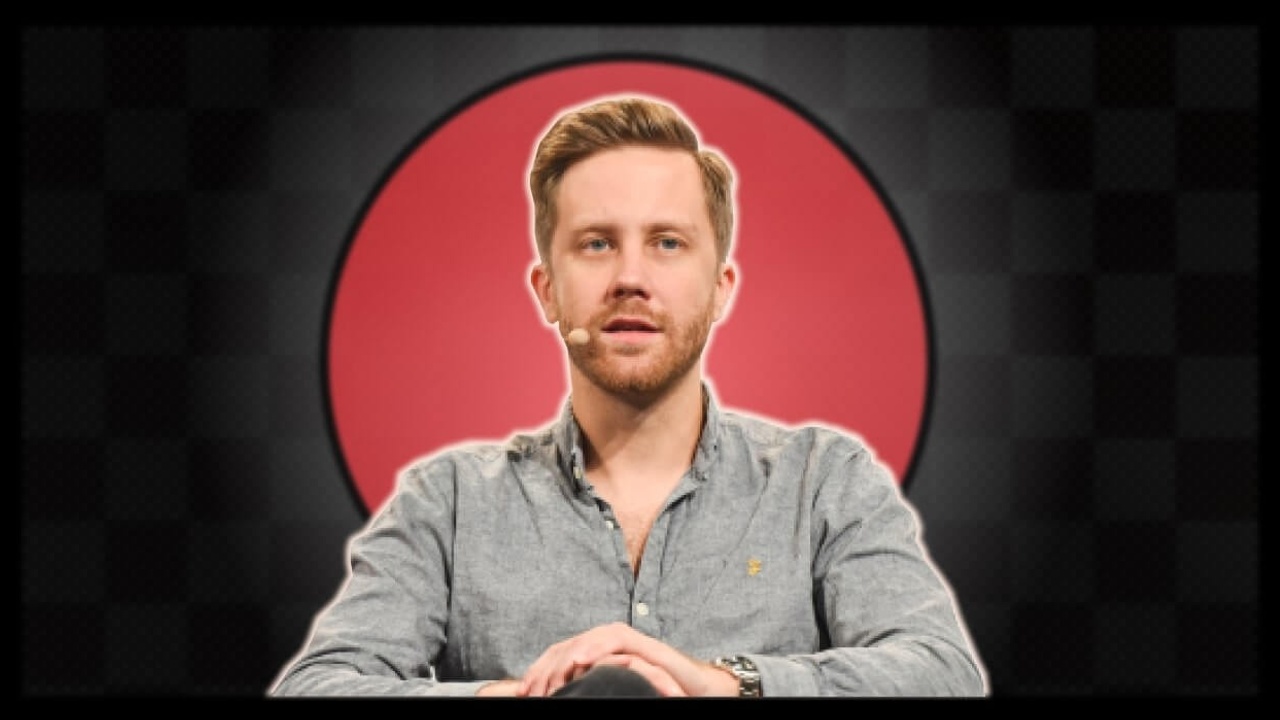Unicorn FinTech Founder Steps Down And Makes a Stand for Mental Health
Jan 27, 2021
“I’m very happy to talk about what’s gone on with me, because I don’t think people do it enough” — Tom Blomfield, Founder of Monzo
He’s absolutely right. If you read enough entrepreneurship advice, you’ll realize many people seem to have missed the mental health awakening completely.
Work harder than everyone else!
Do you only work 100 hours a week?!
Never give up!
Who needs friends?!
Do you want to be average?!
It’s easy to get brainwashed into the cult of hard work above all else. There’s this weird paradox where boasting about your results makes you arrogant but bragging about how hard you work makes you a hero. It’s an outdated badge of honor.
I’ve talked to many entrepreneurs and freelancers who are scared to admit they need a rest. They’ve been told so many times if they just keep trying, eventually they’ll be successful. To keep this mentality going, they tell themselves anyone who grows too effortlessly must be a fraud.
This is what makes Tom Blomfield’s confession so important. He founded Monzo, the app-based bank, which now has over 5 million customers and a valuation of over a billion dollars. It even raised money during the pandemic through big names such as Accel Ventures, Y Combinator, and Stripe.
The hype may not have reached the US but I’ve never seen an app gain such vigorous support amongst tech-savvy millennials in London. A quick scroll through my phone shows me over 100 of my contacts have accounts. Pretty impressive considering it lacks 15-second dance videos.
At 35, Tom was living the dream of many aspiring entrepreneurs with this cutting-edge and cool product. Yet he didn’t feel like he was living his dream. We read success stories where companies skyrocket and failure stories where they collapse. We can assume the “success” makes their founders happy because we rarely hear about the times when it makes them miserable. It’s the blindspot scenario as it seems counter-intuitive.
It all started turning sour around two years ago for Tom.
When a startup is no longer a startup
“The things I enjoy in life is working with small groups of passionate people to start and grow stuff from scratch, and create something customers love.” — Tom Blomfield
It takes a certain type of person to found a new company. They need to thrive on the chaos of being the underdog in an environment where nothing is defined. For some, this is when they feel most alive and they can take their paintbrush out to work their magic.
Yet when the idea works, it goes into a new phase of scaling up. Now there are hundreds of employees who rely on the former underdog to make good decisions so they can pay their rent. Such responsibility can be terrifying for someone who was happily working out of their garage with a small team. Research shows founders often make terrible CEOs because of the difference in the skill set required.
This is what Tom found out and he realized he lacked the motivation to make the transition. He wasn’t excited by the prospect of making Monzo profitable or going public. Yet understandably, he knew investors would want him to stay on.
Staggered transition
When he told the board how he felt, he received unanimous support from everyone. I’ve heard many cases of people admitting they were struggling and being surprised by how much others cared. I hope you see that if the board of a high-flying FinTech startup can be understanding then maybe the people you know will be too.
A plan was created to give Tom space to recover his wellbeing and decide on his future with the bank. He became the first President of the company in May 2020 and handed the CEO role to TS Anil; a veteran banker loved by his friends for his dad jokes and dance moves. Tom was crucial in Monzo’s history but Anil has the right skills for their future.
Over the next few months, Tom’s responsibilities reduced to the stage where he felt he could leave guilt-free on good terms. TS Anil had the best possible start because of the peaceful transition and the founder’s vote of confidence. Their approach seems for any other founders out there who feel the same way as Tom did.
Tom doesn’t know what he wants to do next yet. He wanted to be public about why he stepped down so other entrepreneurs know they are not alone. He had a call with TechCrunch specifically for this reason to get the story out.
I wonder if he will follow in the footsteps of his fellow co-founder Paul Rippon. After retiring a couple of years ago, Paul now lives and works at an alpaca farm with hundreds of adorable animals running around. Every founder’s personal dreams are different and yours doesn’t have to be working until you burn out.
“I’m now feeling pretty great. I’m enjoying life again”. — Tom Blomfield

